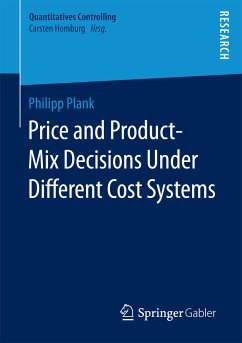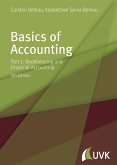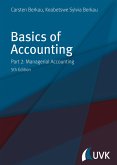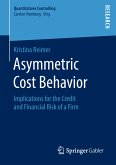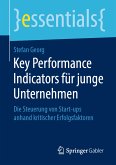¿Philipp Plank analyses the question, what drives the quality of cost-systems and is the quality of cost-systems directly and at best positively related to the firms' performance. In other words, is it worth investing in complex cost allocation systems or are there environmental and/or production settings in which less enhanced systems perform adequately. Using simulations, a benchmark firm (first-best solution) perfectly allocating cost to products is compared to firms implementing heuristic cost-allocation schemes (second-best solution) to identify the profit gap resulting from decisions based on limited information. Into this discussion, the idea of cost-stickiness is integrated, thereby indicating a new planning approach.
Contents
- About the adequacy of full-costing for decision making
- From cost system design to pricing and portfolio decisions
- About the adequacy of simulations in management accounting research
- A theory review of relevant simulation models in management accounting
- Price and product-mix decisions under different cost systems
- Extended decision model incorporating cost-stickiness
Target Groups
- Academics and students in the fields of planning and accounting
- Practitioners in controlling
The Author
Philipp Plank received his doctoral degree from the University of Cologne under the supervision of Prof. Dr. C. Homburg. He now works as a project manager und data scientist.
Dieser Download kann aus rechtlichen Gründen nur mit Rechnungsadresse in A, B, BG, CY, CZ, D, DK, EW, E, FIN, F, GR, HR, H, IRL, I, LT, L, LR, M, NL, PL, P, R, S, SLO, SK ausgeliefert werden.
Es gelten unsere Allgemeinen Geschäftsbedingungen: www.buecher.de/agb
Impressum
www.buecher.de ist ein Internetauftritt der buecher.de internetstores GmbH
Geschäftsführung: Monica Sawhney | Roland Kölbl | Günter Hilger
Sitz der Gesellschaft: Batheyer Straße 115 - 117, 58099 Hagen
Postanschrift: Bürgermeister-Wegele-Str. 12, 86167 Augsburg
Amtsgericht Hagen HRB 13257
Steuernummer: 321/5800/1497
USt-IdNr: DE450055826
Bitte wählen Sie Ihr Anliegen aus.
Rechnungen
Retourenschein anfordern
Bestellstatus
Storno

